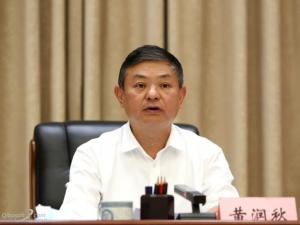白洋:论传统生态伦理思想与建设两型社会的法律思考(三)
|
,2006.251. [3] 孟子·梁惠王上[M]. 北京:中华书局出版社,2006.97. [4] 荀子·天论[M]. 北京:中华书局出版社,2006.109. [5] 老子·第十九章[M]. 北京:中华书局出版社,2006.47. [6] 淮南子·主术训[M]. 北京:中华书局出版社,2006.142. [7] 亚里士多德.吴寿彭译.政治学[M].商务印书馆,1983. 54. [8] 李祖扬,魏俊国. 略论中国传统文化中的环境伦理思想[J].南开学报(哲社版),2003(1):95. [9] 安文,刘萌.发达国家低碳财税政策及其借鉴[J].企业经济,2012(01):177. Abstract: Traditional ecological ethics and resource-saving and environment-friendly society exist in common: harmony equivalent to unity of heaven and man; Resource-saving society equivalent to ascetic and thrift of not wasting natural resources. When building resource-saving and environment-friendly society in the process, people should fully absorb nutrients from the traditional ecological ethics. The law of resource-saving and environment-friendly society, which is a law of respecting for nature and complying with heaven’s legal; Emphasis on duty-based law; Advocacy materials and their use against the extravagance which is a green and low-carbon life. Only by correctly handling the relationship between people and nature, we can achieve the ultimate harmony. Key words: Resource-saving and environment-friendly society; Harmony with nature; on duty-based law; thrift of not wasting natural resources 作者简介:白洋(1981-),男,山东博山人,山东理工大学讲师,博士,主要研究方向:环境与资源保护法学。 5 |
我来说两句
已有0评论 点击全部查看






